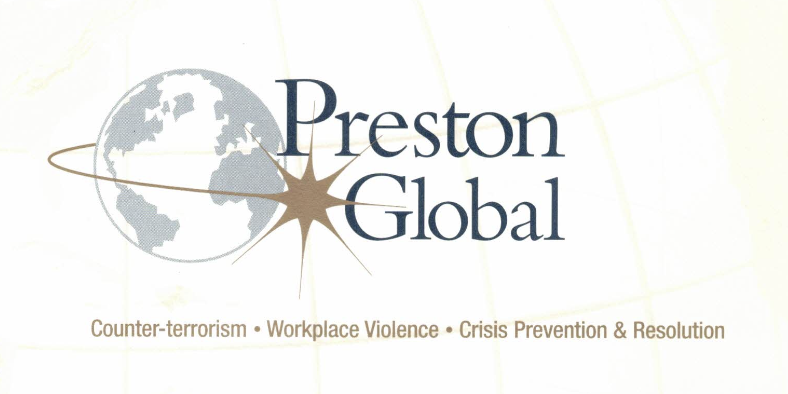Crises, emergencies and controversial public issues differ, often substantially.
A crisis is an unplanned event of momentous difficulty. After onset, it usually evolves slowly, remaining inconspicuous to most potential victims for any number of reasons. Confronted with the unexpected, leaders must repel what already exists, or eventually becomes negative to their affected organization.
Learning about a crisis ignites immediate psychological reactions. They can be brief, subsiding almost instantly or they might linger indefinitely. This depends on the type of crisis.
In any case, whoever holds responsibility and accountability for business success or failure usually absorbs the hardest emotional impact.
Add loss of critical time, schedule changes, media inquiries, internal morale jolts (not always serious but potentially harmful), and other distractions. Competent, experienced specialists prove invaluable.
We equate such matters as career-defining periods. In this context, crises, emergencies, and public issues contain paralleling characteristics.
Each becomes distracting from the onset. Each alters schedules of involved executives. Each can be costly. How much depends on two factors. The first evaluates efforts to prevent whatever bad has occurred. The second measures the degree of professionalism shown in control and resolution.
Every crisis eventually transforms into a decisive period in time – called “the turning point.” Positive or negative outcomes follow. However, minimal control opportunities remain after the turning point.
Leadership lesson: Be vigilant, aware, and prepared. Have trusted contacts who’ll tell you what you need to hear rather than what you wish to hear.
Crisis management includes three steps involving strategies and tactics: They are:
- All appropriate efforts to prevent;
- All appropriate strategies and tactics to respond;
- All appropriate measures to resolve in the enterprise’s as well as the stakeholders’ best interest.
Our 54 years of solving client dilemmas clearly point to these 10 most overlooked aspects (not necessarily in order) that business leaders eventually regretted.
- Inattention to prevention. Denial about becoming a victim until an investigative reporter, regulator, pressure group, or other adversary knocks at your door.
- Not monitoring relevant internal and external opinions and attitudes.
- Being a stranger to key traditional and social media personnel.
- Forming a team without adequate time and resources for professional training, plan development, activation and general guidance.
- Excessive reliance on “crisis communications” at the expense of other elements in your eventual blueprint. This usually results in lost opportunities.
- Failing to test and revise the plan.
- Ignoring internal and external opinions and attitudes.
- Dismissing voluntary input from all levels of the organization.
- Inadequate budgeting for team essentials such as 24-7 headquarters, supplies, communication equipment, attendance at external seminars, and overtime.
- Overlooking independent specialists whose experiences and successes provide internal team support activities when it’s created, trained and in action.


